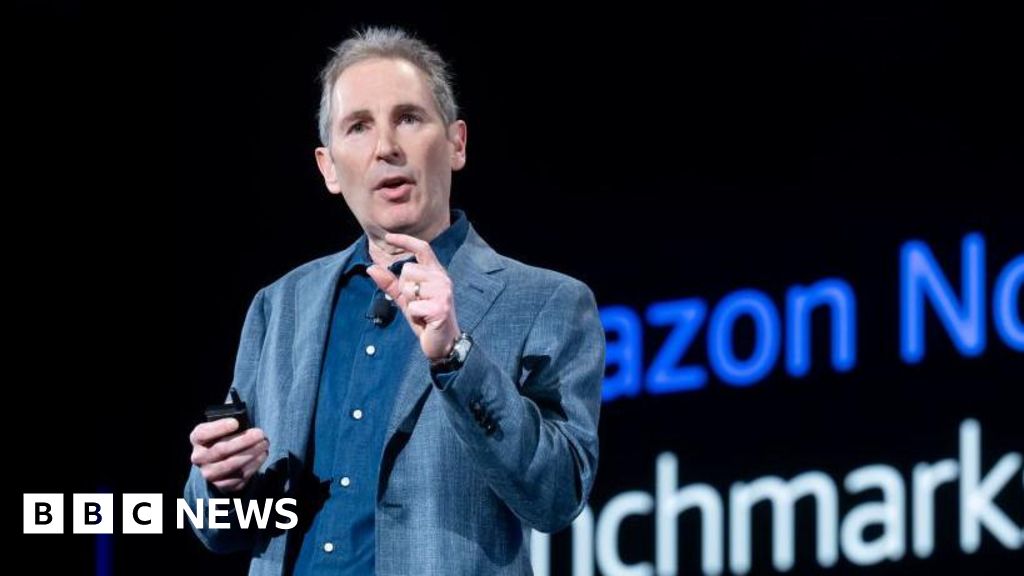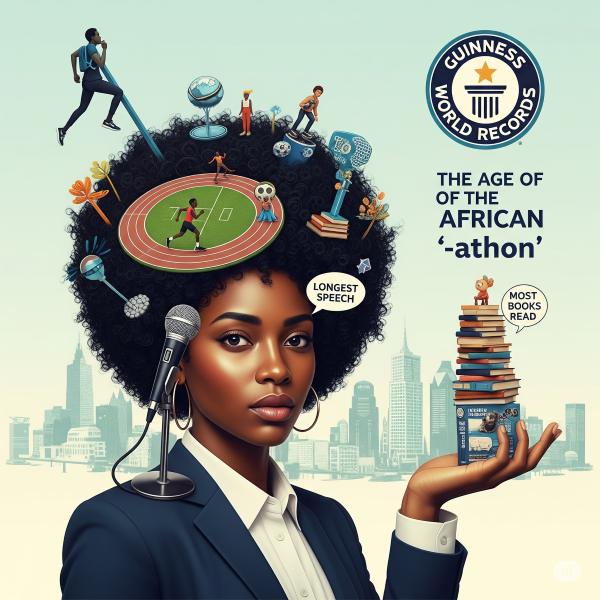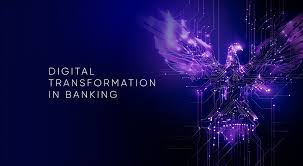Amazon's Approach to AI Integration and Its Impact on the Workforce

Amazon CEO Andy Jassy has communicated to staff that artificial intelligence (AI) is expected to lead to a significant reduction in the company's corporate workforce over the next few years. In a recent memo, Jassy urged employees to 'be curious about AI' and embrace the transformative technology, acknowledging that AI will bring about 'efficiency gains' that necessitate a shift in the company's staffing needs. He foresees a future with 'fewer people doing some of the jobs that are being done today, and more people doing other types of jobs,' directly linking this to the extensive integration of AI across Amazon's operations.
This pronouncement from one of the world's largest employers adds to the growing concerns about AI's impact on global job markets. Tech leaders across the industry are increasingly vocal about the potential for AI to cause widespread job losses, particularly in entry-level white-collar roles. Dario Amodei, CEO of AI-firm Anthropic, has suggested AI could eliminate half of all entry-level white-collar jobs. Even 'Godfather of AI' Geoffrey Hinton has expressed skepticism that new jobs created by AI will fully offset those displaced, arguing that if AI can perform 'all mundane human intellectual labor,' truly new skilled positions might be limited.
Amazon, which employed over 1.5 million people globally by the end of last year, with approximately 350,000 in office roles, is already leveraging AI in 'virtually every corner of the company.' Jassy highlighted that many routine tasks, including shopping and daily chores, could eventually be performed by AI agents, emphasizing their rapid development and impending ubiquity. He advised that employees who adapt to and embrace these changes would be 'well-positioned' within the company. Already, half a million sellers on Amazon's platforms are utilizing the company's AI tools for product information, and advertisers are also adopting its AI offerings.
Career coaches and other prominent tech leaders echo Jassy's sentiment that embracing AI is not merely aspirational but a realistic necessity for workers. Ryan Leak, an executive coach, characterized AI as a 'tide that's shifting the entire shoreline of work,' stressing that future valuable workers will be those who remain curious and learn quickly. Marlo Lyons, a certified executive coach, strongly advises employees to learn AI and discuss its application to their roles, stating that jobs will inevitably change, and those who do not get on board risk job loss. However, experts like Kathryn Landis, an executive coach and professor at NYU, also point out that AI still has limitations in areas requiring 'judgment, nuance, and institutional context,' underscoring the enduring value of critical thinking skills.
Other tech executives reinforce the urgency of AI adoption. LinkedIn co-founder Reid Hoffman advocates for integrating AI into every team's daily work, suggesting regular meetings to share AI learnings. Shopify CEO Tobi Lütke has made AI usage a 'fundamental expectation,' requiring teams to demonstrate why AI cannot achieve desired outcomes before requesting more headcount. OpenAI's chief product officer, Kevin Weil, and Whoop's Hilary Gridley have also shared internal initiatives to encourage widespread AI adoption among their employees, highlighting that even non-technical staff are finding ways to leverage AI effectively.
The consensus among these leaders and experts is clear: the changes brought by AI are not hypothetical but are already manifesting. While some jobs will undoubtedly disappear or be phased out—with examples like Duolingo replacing contractors with AI or Salesforce potentially reducing engineer hiring due to AI efficiencies—many roles will primarily evolve. Experts like Christian Schneider, CEO of fileAI, suggest that AI will take over rote, back-office tasks, enabling workers to transition to more people-facing or quality-checking roles. The message to the workforce is that resisting this transformation is futile; instead, continuous learning and adaptation to AI tools are essential for navigating the evolving landscape of work and maintaining career relevance.
Recommended Articles
007 Race Intensifies: New Bond Picks Emerge, Writer Revealed for Next Blockbuster!

The search for the next James Bond intensifies with Callum Turner emerging as a frontrunner, while acclaimed writer Stev...
Trick to get iPhone for £100s less that everyone misses – and it works on Amazon gadgets too

IT’S surprisingly easy to slash hundreds of pounds off your gadgets – you just need to shop in the right places. If you’...
Massive American film star becomes favourite to be next Bond girl as she is pals with new 007 director

SCREEN star Sydney Sweeney is in line to be a Bond bombshell in the next 007 film. The franchise’s new director Denis Vi...
Next Bond movie will be written by Oscar nominated filmmaker behind iconic TV show

THE brains behind smash hit show Peaky Blinders has been signed up to write the next James Bond film – and he is promisi...
I’m obsessed with ‘no wires’ Ring doorbell that lets you easily find anything in seconds – & I didn’t need to drill

SOMETIMES the best tech is just the stuff that’s easiest to use. That’s always been Apple’s style – and Amazon has manag...
Dodgy Facebook crook tried to sell me shady £80 Fire Stick… then threatened to come to my HOUSE

AS I sit and scroll through my phone, I’m being bombarded with shady adverts on Facebook offering dodgy devices with 80,...
You may also like...
Guinness World Records & The Age of the African “-athon”

Just how many Africans have graced and attempted to grace the books of Guinness world records?
The Rise of K-pop and Anime in Africa: A Socio-Economic Bridge To the East

K-pop and anime are reshaping Africa’s cultural landscape, sparking new youth trends and creative expression. Beyond ent...
How the Bunyoro-Kitara Tribe Mastered Brain Surgery and C-Sections Centuries Before Modern Medicine

Long before hospitals and antibiotics, Uganda’s Bunyoro-Kitara tribe performed complex brain surgeries and life-saving C...
How the Bunyoro-Kitara Tribe Mastered Brain Surgery and C-Sections Centuries Before Modern Medicine

Long before hospitals and antibiotics, Uganda’s Bunyoro-Kitara tribe performed complex brain surgeries and life-saving C...
Cracks in the Foundation: Examining the Vulnerabilities of the Global Banking System

Beyond digital transformation, the global banking system faces inherent fragilities. This article explores the economic,...
The Remaking of Banking: Navigating Digital Disruption and Economic Shifts

The global banking system is at a crossroads. Explore how digital transformation, AI, sustainable finance, and evolving ...
African Women at the Negotiation Table: The Forgotten Female Diplomats Who Shaped Post-Independence

A historical exploration of African women diplomats who shaped post-independence politics, from Angie Elizabeth Brooks t...
Local Innovations Driving Clean Water Access in Africa
(29).jpeg)
Practical and innovative water solutions are transforming African cities. From desalination to wastewater recycling, dis...